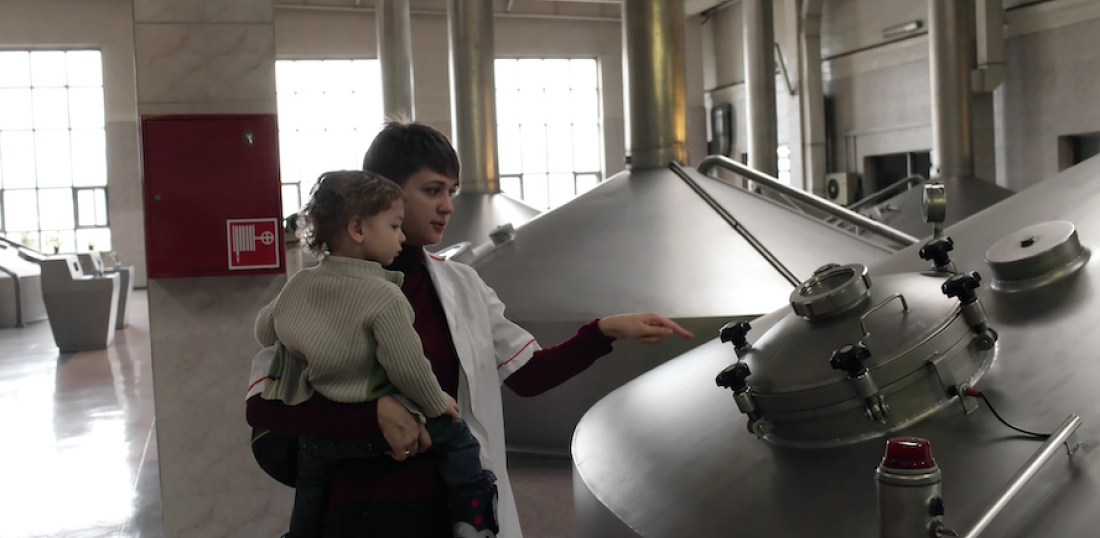
Case Background:
In modern industrial production, valves, as the basic components that control the flow of fluids, are essential to ensure the
smooth and safe production process. This case study focuses on a chemical plant that needs to precisely control the mixing
ratio and temperature of various chemical raw materials during the production process to ensure product quality and
production efficiency.

In today's industrial sector, valves, as a critical component in controlling fluid flow, are essential to ensure efficient and safe
production processes. Take a large petrochemical plant as an example, which needs to precisely control the transportation
and reaction conditions of raw materials during the production process to ensure product quality and production efficiency.
Faced with this challenge, the plant adopted an advanced automated valve control system to achieve fine control of the
production process.
At the beginning of the project, the team of engineers began with an in-depth analysis of the plant's process flow to determine
the layout and control logic of the valves. Considering the high temperature, high pressure and corrosive environment of the
plant, the stainless steel ball valve and butterfly valve with high temperature resistance and corrosion resistance were selected
as the main control elements. Not only are these valves able to withstand harsh operating conditions, but they also offer
excellent sealing performance and durability.
The engineers then integrated the valves with the plant's DCS (Distributed Control System) for remote control and monitoring.
With this integration, operators can monitor the status of the valves in real time in the control room and adjust them to
production needs. In addition, in order to improve the safety of the system, an emergency shut-off valve has been introduced to
quickly cut off the fluid when an abnormal condition is detected, ensuring the safety of personnel and equipment.
During the valve installation and commissioning phase, the professional team ensured the compatibility of the valve with the
automation system and carried out a series of tests.